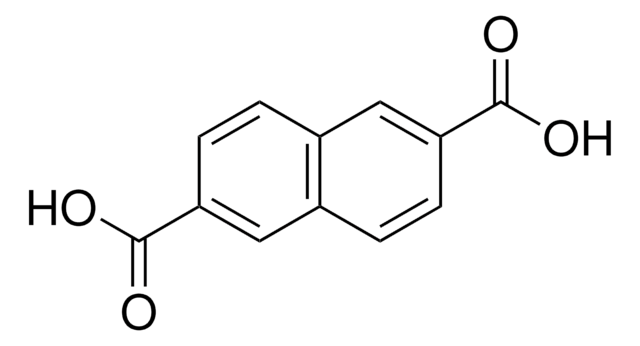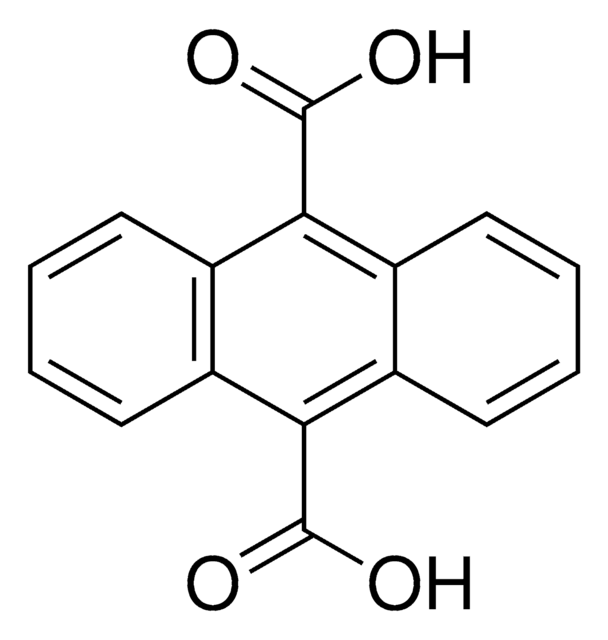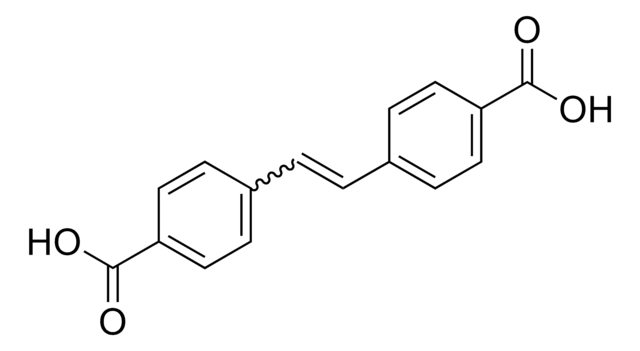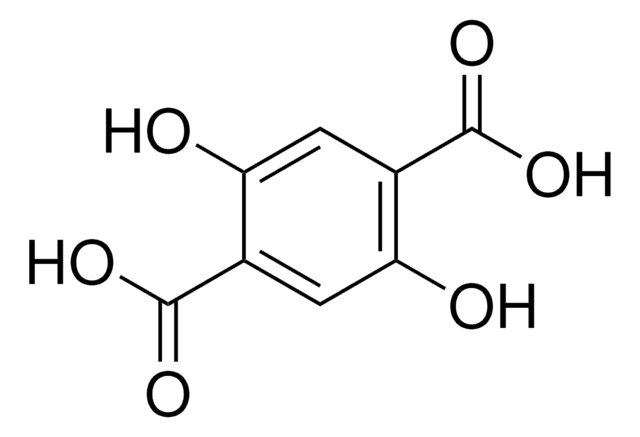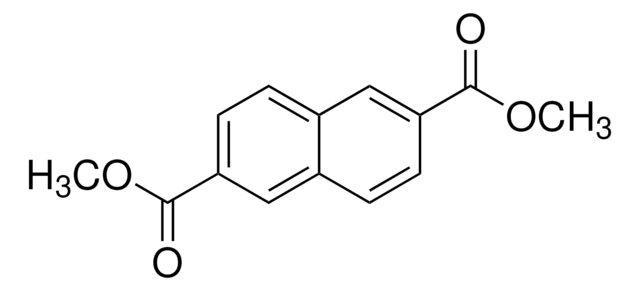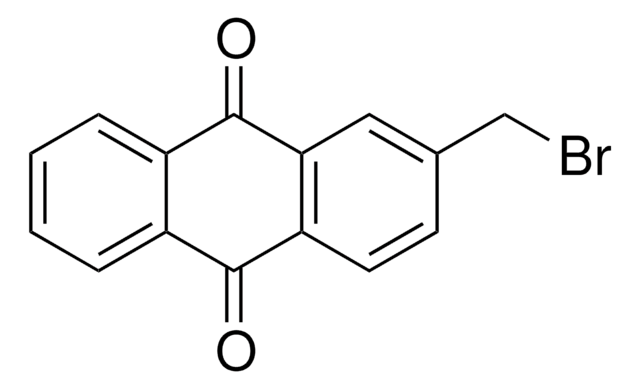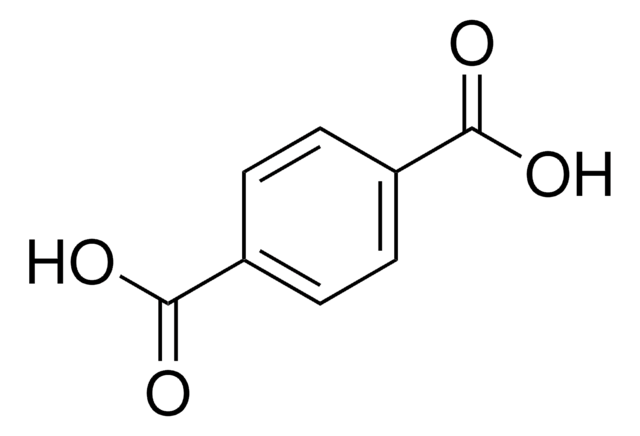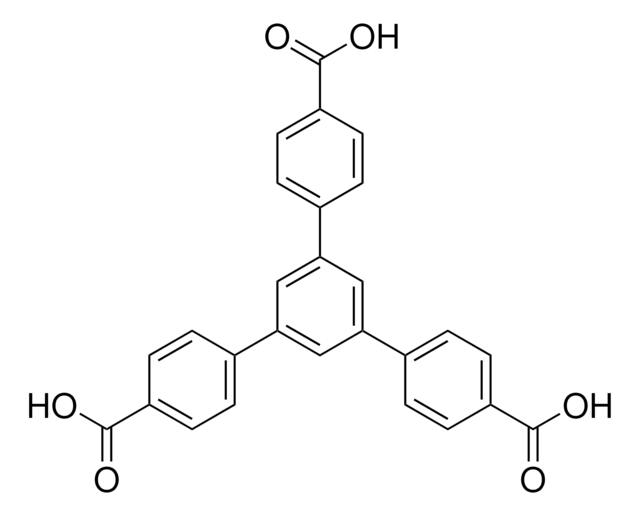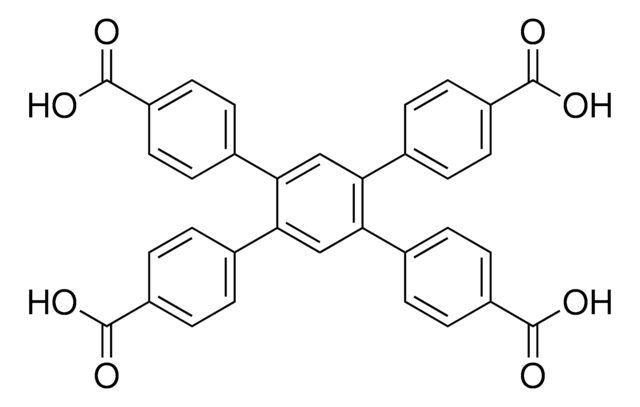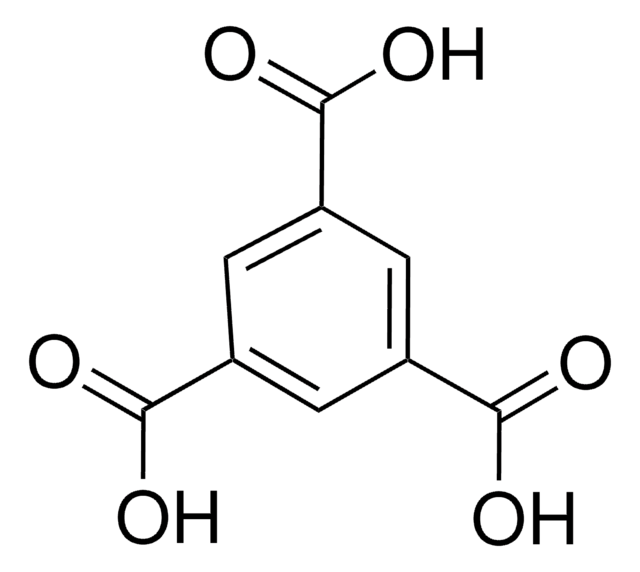523763
2,6-Naphthalenedicarboxylic acid
99%
Synonym(s):
2,6-Naphthalic acid
About This Item
Recommended Products
Assay
99%
greener alternative product characteristics
Design for Energy Efficiency
Learn more about the Principles of Green Chemistry.
sustainability
Greener Alternative Product
mp
>300 °C (lit.)
functional group
carboxylic acid
greener alternative category
, Enabling
SMILES string
OC(=O)c1ccc2cc(ccc2c1)C(O)=O
InChI
1S/C12H8O4/c13-11(14)9-3-1-7-5-10(12(15)16)4-2-8(7)6-9/h1-6H,(H,13,14)(H,15,16)
InChI key
RXOHFPCZGPKIRD-UHFFFAOYSA-N
Gene Information
human ... PTPN1(5770)
Looking for similar products? Visit Product Comparison Guide
General description
Application
Storage Class Code
11 - Combustible Solids
WGK
WGK 3
Flash Point(F)
Not applicable
Flash Point(C)
Not applicable
Personal Protective Equipment
Choose from one of the most recent versions:
Certificates of Analysis (COA)
Don't see the Right Version?
If you require a particular version, you can look up a specific certificate by the Lot or Batch number.
Already Own This Product?
Find documentation for the products that you have recently purchased in the Document Library.
Customers Also Viewed
Our team of scientists has experience in all areas of research including Life Science, Material Science, Chemical Synthesis, Chromatography, Analytical and many others.
Contact Technical Service